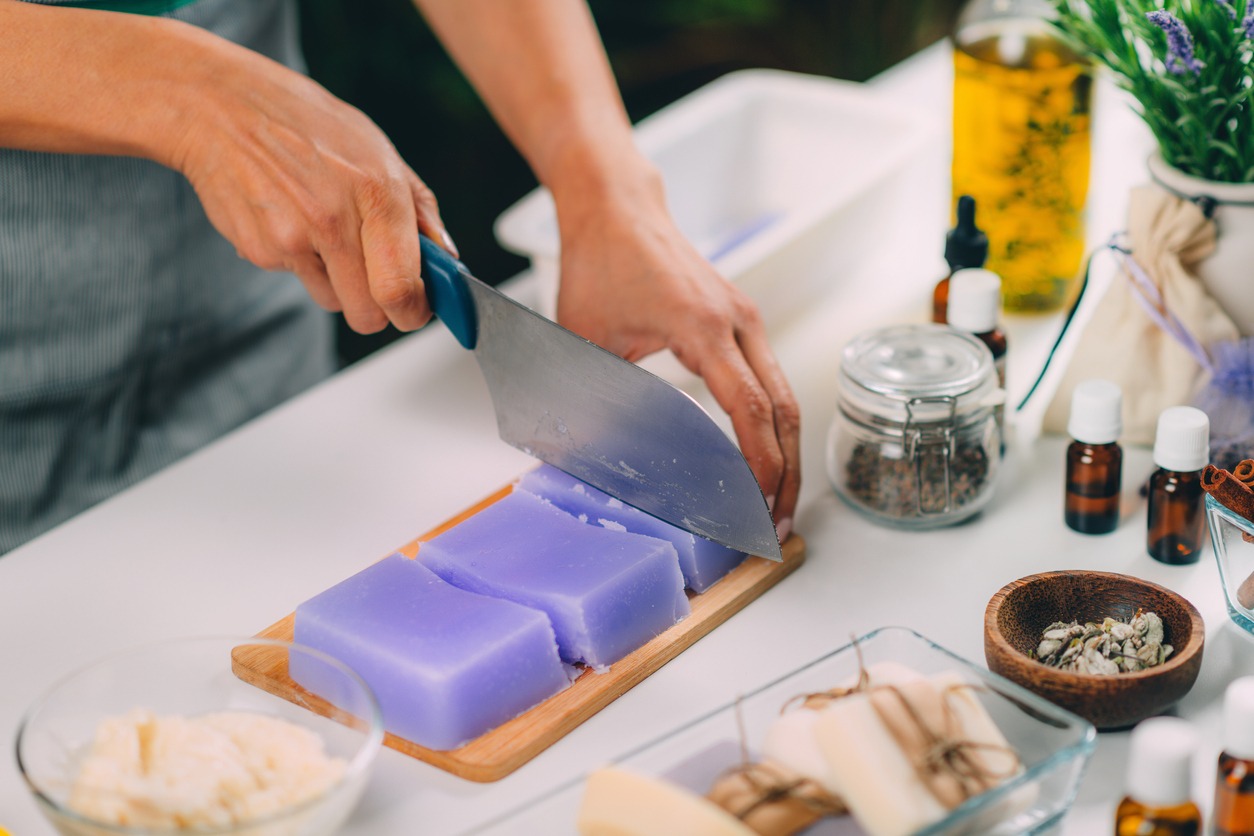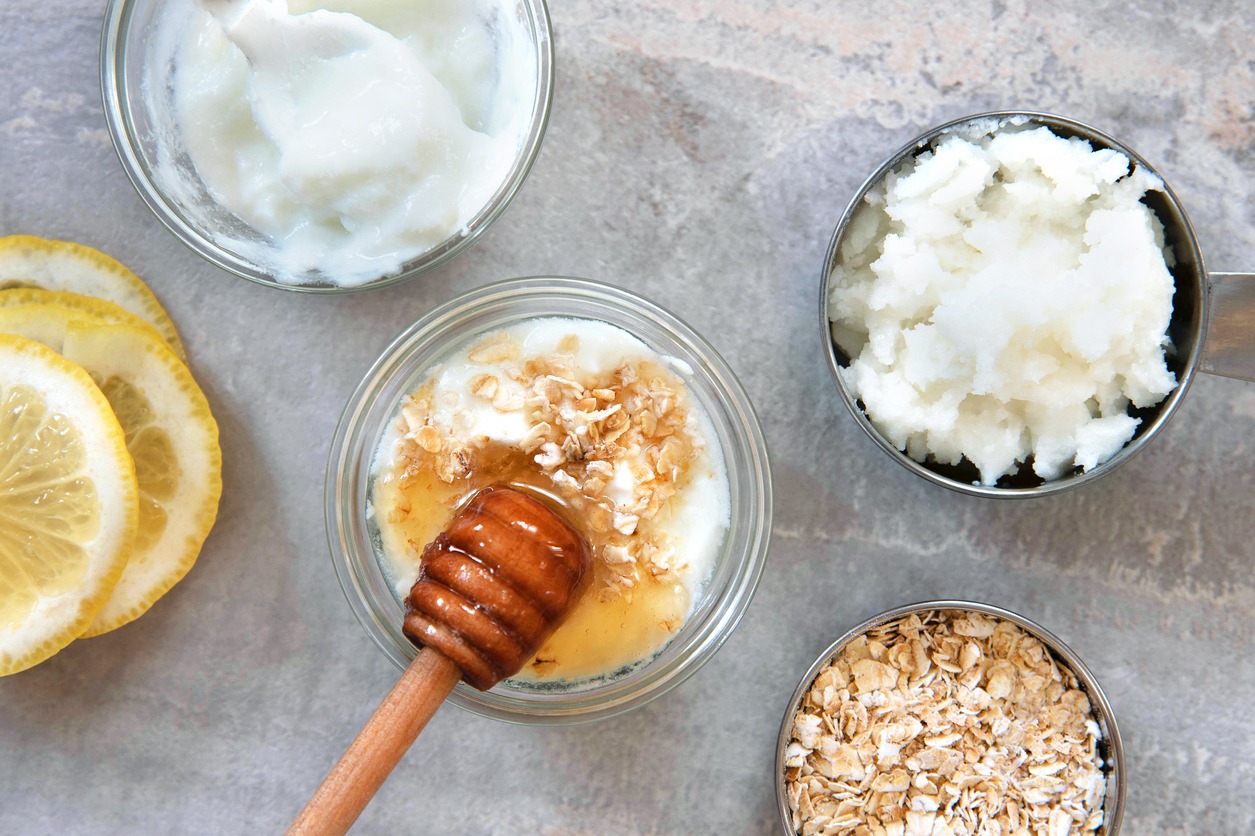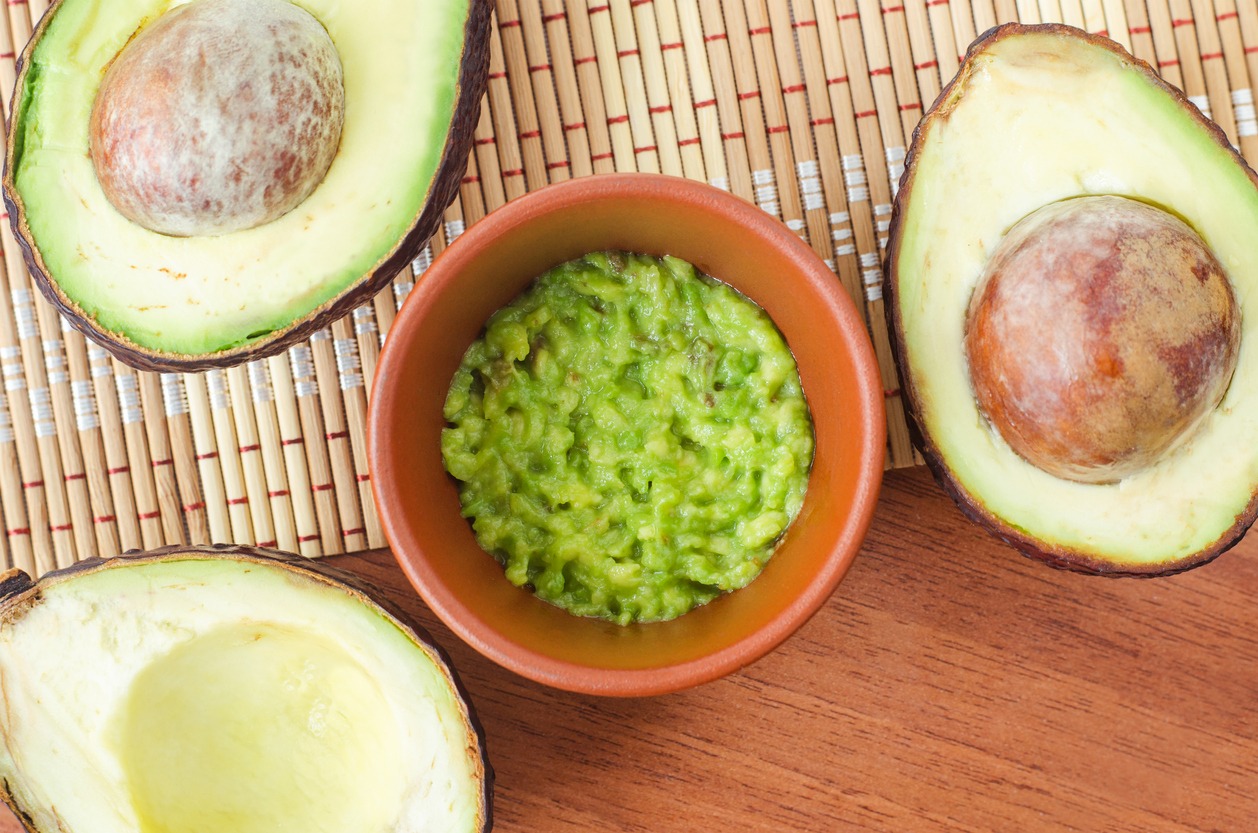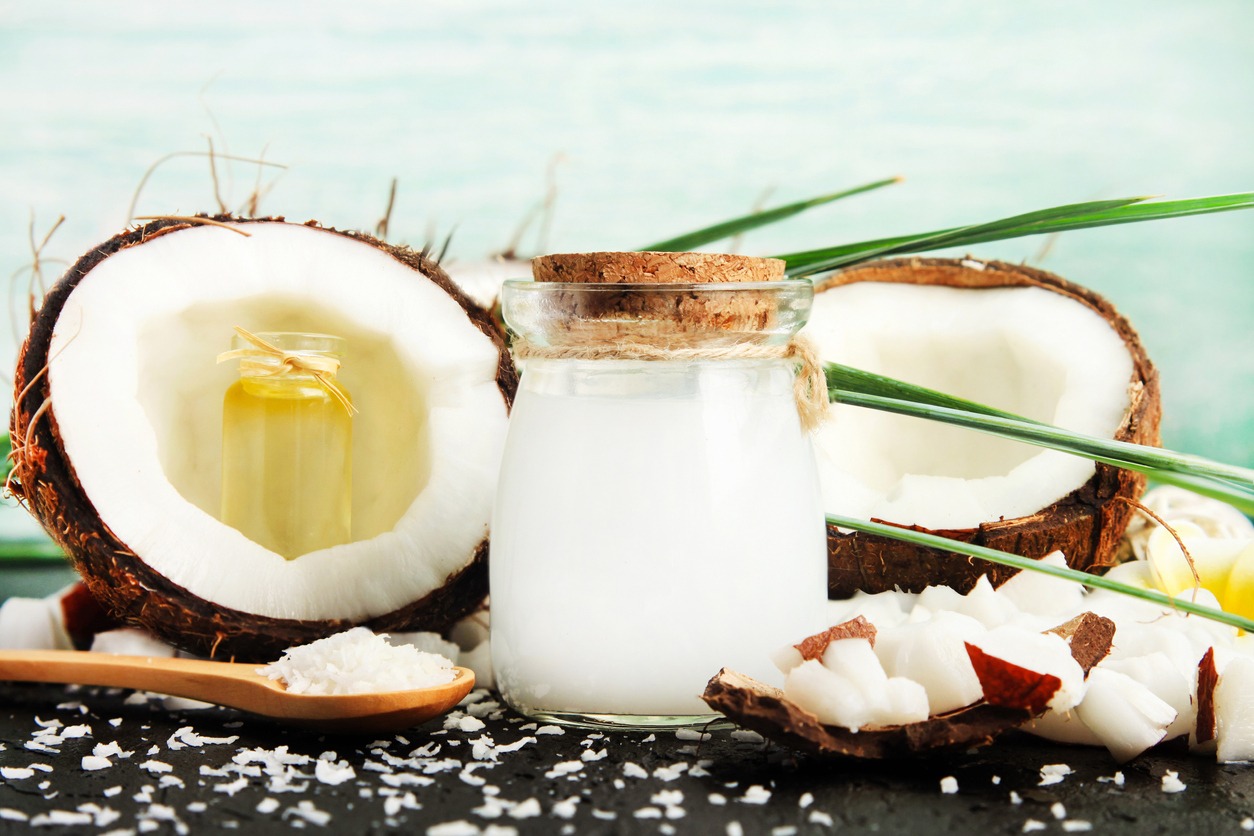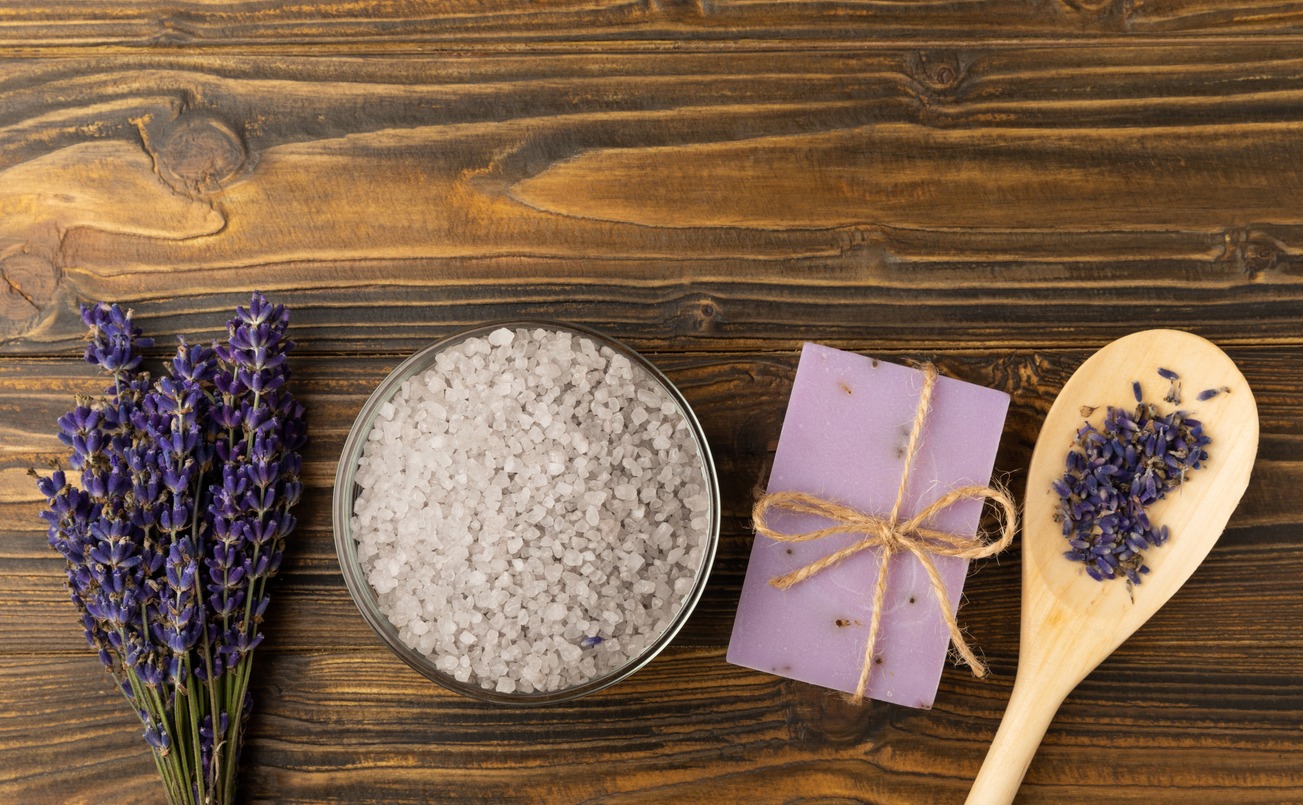In the quest for beautiful, healthy skin, we often turn to commercial skincare products laden with chemicals and synthetic ingredients. Nonetheless, it’s important to note that not all of these products prioritize your well-being. Fortunately, there is an array of natural ingredients available that you can integrate into your skincare regimen to enhance outcomes and promote your overall health.
In this guide, we will delve into the world of DIY natural skincare remedies, exploring face masks, moisturizers, homemade soaps, and the transformative power of hydration. Along the way, we’ll also uncover important precautions and considerations to ensure that your skincare journey is safe and tailored to your unique skin type.
DIY Natural Skincare
1. Face Masks Using Kitchen Ingredients
Face masks are a vital part of skincare, offering tailored solutions for various skin types and concerns. Whether it’s dryness, oiliness, acne, or a combination of concerns, there’s a face mask for you. Here, we’ve curated face mask with recipes from readily available in your kitchen.
Oatmeal and Yogurt Mask:
By combining oatmeal’s gentle exfoliation with yogurt’s soothing and hydrating effects, you can revitalize your skin. Oatmeal acts as a natural exfoliant, promoting a smoother complexion, while yogurt’s lactic acid brightens and softens the skin. Honey, with its antibacterial and moisturizing properties, enhances the mask’s benefits. It’s particularly beneficial for oily and combination skin types.
Steps:
- Take one teaspoon of yogurt and one teaspoon of oatmeal, placing them in a bowl.
- Let the oatmeal soak in the yogurt for two minutes.
- Stir in one teaspoon of honey into the mixture.
- Apply the mask to your face, leaving it on for about 15 minutes.
- Rinse it off with warm water.
- This mask will leave your skin glowing and soft.
Turmeric and Yogurt Mask:
Turmeric, famed for its health benefits driven by curcumin, an active component boasting anti-inflammatory and antioxidant properties, combines seamlessly with yogurt’s probiotics to form a potent mask that excels in addressing acne and inflammation. This remarkable fusion of natural ingredients offers a versatile solution suitable for various skin types.
Steps:
- Combine 1 teaspoon of turmeric, 1/4 cup of plain yogurt, 1/2 tablespoon of ground coffee, 1 teaspoon of lemon juice, and honey in a small bowl.
- Mix them well to make a smooth mixture.
- Cleanse your face and pat it dry before applying the mask.
- Use your fingertips or a flat brush to put the mask on your skin evenly.
- Let it work for 5-10 minutes.
- Rinse it off with warm water, using a washcloth to help.
- Finish with your regular skincare routine.
- Any extra mask can be stored in the fridge for 5-7 days.
- This simple process will give your skin a refreshing experience it’ll love.
Avocado and Honey Mask:
The Avocado Face Mask combines the skincare benefits of avocados, rich in vitamin E, vitamin C, antioxidants, and healthy fats, for smooth and moisturized skin. A dash of high-quality honey, known for its antibacterial properties, brightens and clarifies the skin. This blend harnesses avocado’s healthy fats and antioxidants to soften, hydrate, and reduce wrinkles, making it a superb addition to your skincare routine.
Steps:
- Start by mashing the avocado in a bowl, and then mix in the olive oil, rolled oats, and CBD oil (if using). You can grind the oats before adding them for a smoother texture.
- Make sure your face is clean and free of makeup before applying the mask evenly.
- Leave the mask on for 15 minutes to let it work its magic.
- Gently remove the mask with water and a soft muslin cloth.
- Finally, complete your skincare routine as usual, and enjoy the glow of your refreshed and healthy skin.
2. Oil as a Natural Moisturizer
When it comes to natural moisturizers, oils are your best friends. These plant-based elixirs can work wonders for your skin without the need for chemical-laden creams. Some popular choices include:
Coconut Oil:
Coconut oil, sourced from tropical coconut trees, is a prized natural skincare ingredient, rich in beneficial compounds such as lauric acid, fatty acids, flavonoids, and vitamin E, and it offers hypoallergenic properties. It excels at deeply hydrating and moisturizing dry skin.
Steps:
- Melt the coconut oil until it’s liquid by placing the jar in warm water.
- Mix the melted coconut oil with vitamin E oil and lavender essential oil in a small bowl.
- Transfer the mixture to a small container with a lid (like a mason jar).
- Apply the moisturizer to slightly damp skin using gentle, upward circular motions, paying extra attention to dry areas, such as your knees, elbows, and other rough spots on your skin.
Jojoba Oil:
Jojoba oil, derived from a shrub that boasts a chemical composition akin to human sebum, facilitating easy skin absorption. This versatile oil offers antibacterial, anti-inflammatory, and moisturizing properties, making it effective against acne, sun damage, and scar appearance.
Steps:
- Wash your hands thoroughly.
- Mix a drop or two of jojoba oil with equal parts of your preferred essential oil(s) directly in your hand or premix a larger amount for future use.
- For immediate application to your face, use a small amount. A drop of each oil in your palm is sufficient to cover your face and neck. Apply lightly to the skin.
Argan Oil:
Argan oil, derived from the kernels of argan trees, offers a multitude of benefits for hair, nails, and skin. It serves as an effective moisturizer, aiding in skin hydration due to its rich Vitamin E content.
Steps:
- Pour essential oils into a glass dropper bottle.
- Fill the bottle with argan oil.
- Attach the dropper top tightly, shake well, and store in a cool, dry place.
3. Homemade Soaps and Cleansers
Commercial soaps and cleansers often contain harsh chemicals that can strip your skin of its natural oils. Crafting your own homemade soaps and cleansers allows you to control the ingredients and tailor them to your skin’s needs.
Oatmeal and Lavender Soap:
Lavender oatmeal soap offers a host of benefits for your skin. It cleanses and moisturizes effectively, making it ideal for those with eczema and dry skin. Oats gently exfoliate while lavender buds and essential oil soothe and moisturize, promoting skin health. Many with sensitive, dry skin find this soap to be their go-to choice. Lavender essential oil’s anti-inflammatory and redness-reducing properties make it especially valuable for soothing and healing sensitive skin.
Steps:
- Gather your ingredients, including
- Non-toxic soap base or goats milk soap base
- Lavender buds
- Whole oats
- Lavender essential oil
- Chop the soap base into small squares and place them in a microwave-safe dish.
- Microwave the soap base in 15-second intervals, ensuring it melts evenly without overheating.
- Once melted, stir in the oats, lavender buds, and lavender essential oil. Keep the oats and lavender buds intact.
- Mix everything thoroughly and pour the mixture into soap molds.
- Allow the soap to harden for a few hours to overnight.
- Once hardened, remove the soap from the molds, and it’s ready to use! Enjoy your homemade oatmeal lavender soap.
Honey and Green Tea Cleanser: Green tea is an excellent skin exfoliator due to its antioxidants, which reduce inflammation and redness while providing a soft, healthy glow. You can create a homemade scrub by mixing green tea, sugar, and honey, then gently rubbing it on your body before showering for smooth, radiant skin.
The Power of Hydration
Hydration is the cornerstone of healthy skin. Water helps maintain your skin’s elasticity, flush out toxins, and prevent dryness. Ensuring you drink an adequate amount of water daily is the first step in achieving radiant skin.
In addition to drinking water, certain natural ingredients can be incorporated into your skincare routine to boost hydration:
- Aloe Vera: This succulent plant is a hydration powerhouse. Its gel-like substance soothes, hydrates, and promotes skin repair.
- Hyaluronic Acid: Found naturally in the skin, hyaluronic acid can hold up to 1,000 times its weight in water. It’s a key ingredient in many skincare products for its superb hydrating properties.
Precautions and Considerations
1. Understanding Skin Types
Before embarking on your DIY skincare journey, it’s essential to understand your skin type. Different skin types have unique needs, and the remedies that work for one may not be suitable for another.
Skin can be broadly categorized into four main types: oily, dry, combination, and sensitive. Oily skin tends to produce excess sebum, leading to shine and potential acne. Dry skin often feels tight, rough, and may have flakiness. Combination skin has areas of both oiliness and dryness, typically an oily T-zone and drier cheeks. Sensitive skin is prone to redness, irritation, and reactions to various products. To determine your skin type, cleanse your face, and observe how it feels a few hours later. Oily skin will be greasy, dry skin will feel tight, combination skin will vary in different areas, and sensitive skin may show signs of irritation. Understanding your skin type enables you to choose the right products and routines for healthier, glowing skin.
2. Potential Allergens in Natural Ingredients
While natural ingredients are generally safe, it’s crucial to be aware of potential allergens. For instance, essential oils, like lavender or tea tree oil, though widely used for their benefits, can cause skin irritation or allergies in some individuals. Fragrances, commonly added to natural products for a pleasant scent, may lead to skin sensitivity and discomfort for those with fragrance allergies. Additionally, plant extracts, such as chamomile or aloe vera, usually safe for most people, might trigger allergic reactions in those with specific sensitivities. To ensure a safe and comfortable skincare experience, especially for sensitive skin types, it’s wise to conduct a patch test before incorporating new ingredients and carefully check product labels for any known allergens.
Conclusion
Embarking on a journey to better skincare through natural remedies is not only beneficial for your skin but also an enjoyable and rewarding experience. By harnessing the power of ingredients from your own kitchen and understanding the significance of hydration, you can achieve radiant, healthy skin without the need for harsh chemicals. Remember always to consider your skin type and potential allergens, and enjoy the transformative effects of DIY natural skincare. Your skin will thank you for it.
